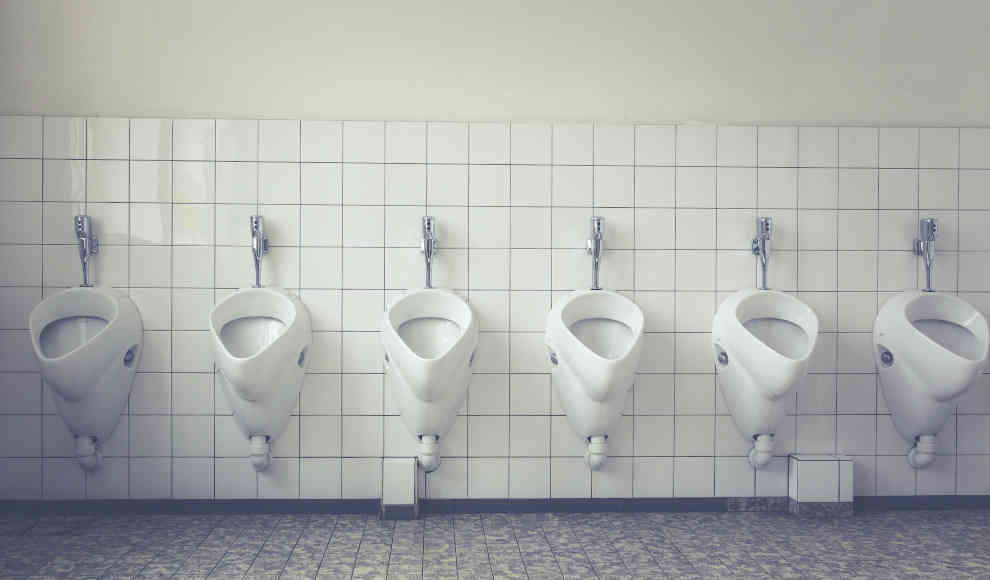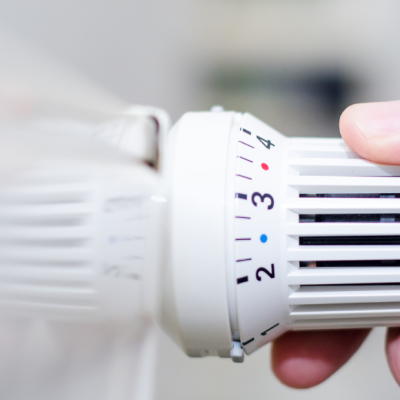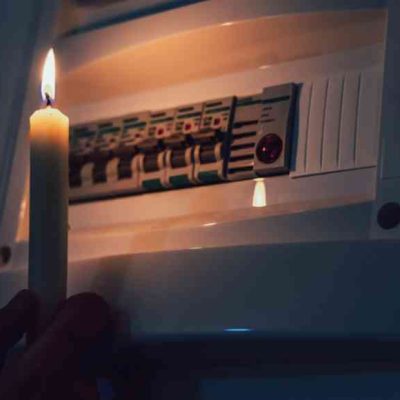A microbial fuel cell that costs less than three euros can generate enough electricity from urine to charge a smartphone. This eco-friendly technology could be used in the future to provide energy to remote and impoverished areas of the world. Currently, a large portion of global electricity is generated in coal and nuclear power plants, which accelerate climate change and negatively impact the environment and human health due to their CO2 and pollutant emissions. Therefore, scientists are searching for new methods to meet the growing energy needs of the world’s population in a sustainable and environmentally friendly way.
Researchers at the University of Bath have developed a microbial fuel cell that generates electricity from urine. This type of fuel cell relies on microorganisms that produce electricity from organic substances through natural biological processes. The scientists used glucose and ovalbumin, a protein found in bird eggs, as a catalyst in the biological fuel cell instead of platinum, which is typically used in microbial fuel cells. Glucose and ovalbumin are cheaper and more sustainable because they are renewed through natural processes. The researchers also found that doubling the length of the electrodes in the fuel cell increased the electricity production proportionally.
One microbial fuel cell can generate two watts of electricity per cubic meter, which is relatively low compared to hydrogen fuel cells or solar cells, but sufficient to power a smartphone. The advantage of this fuel cell is that it is extremely cheap to produce and uses waste as fuel, which is abundant and does not produce harmful gases. The researchers believe that their technology could revolutionize electricity generation if they can fully utilize the potential of human waste. With a production cost of no more than three euros per fuel cell, this mini power plant could be used to provide electricity to remote or impoverished areas. The researchers are excited about the prospect of their technology potentially changing the lives of poor people.










